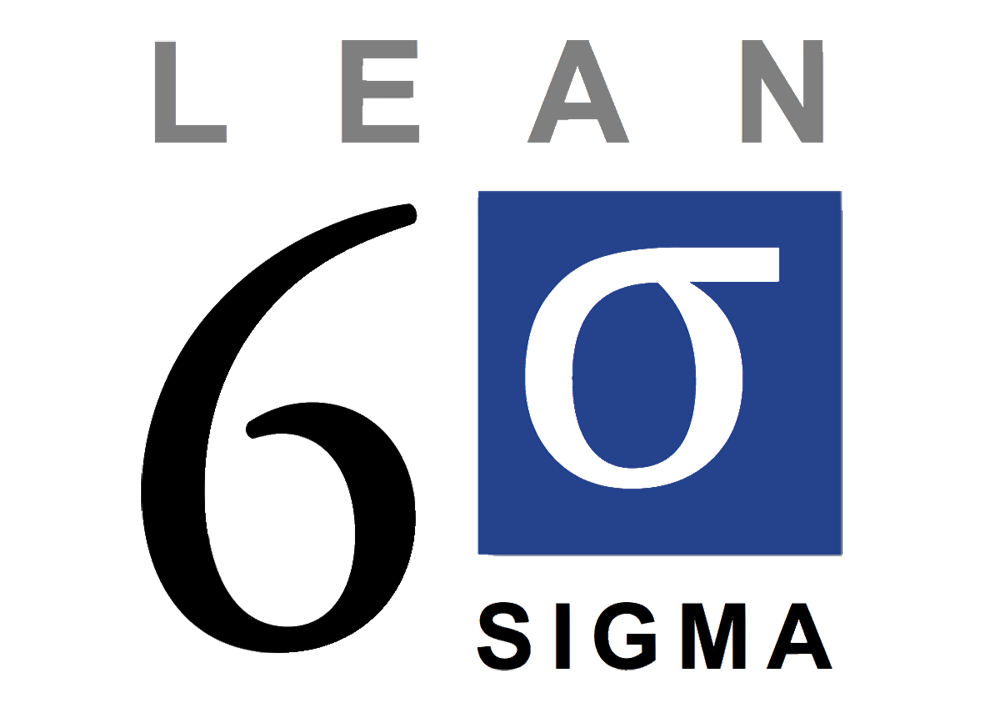What is Lean Six Sigma in Pennsylvania?
Contact Us

Are you interested in Lean Six Sigma?
In 1987, Motorola launched the Six Sigma initiative, and the term “Six Sigma” was established. The quality control methodology has had a fascinating growth history over time. It began slowly but soon gained attention as a result of its incredible outcomes. As Jack Welch, then-CEO of GE and now-CEO of AlliedSignal launched Six Sigma in the 1990s, it was noted as having significant early growth potential. Since then, several companies have embraced and reaped the benefits of this strategy.
Six Sigma was once seen by the general population as a “management fad” rather than a “quality control system.” The result is Lean Six Sigma, which has resulted in billions of dollars in return on investment for Fortune 500 companies. However, it is now widely acknowledged that it is no longer just a management trend.

The Benefits of Using Lean Six Sigma
Six Sigma results in significant time and cost savings, as well as greater process accuracy. When used with caution and conscientiousness, the Six Sigma methodology is often correct. It encourages customer satisfaction and client retention: A strong company works hard to keep its current customers. Clients may choose to stay with the company rather than seek out another service or switch to a competitor’s brand. Do you take into account customers who are unhappy with the services you offer? Many companies would be unaware of this fact and will intend business growth without realizing that customer satisfaction must still be prioritized.
Six Sigma should be used to reduce all risks. We perform a dipstick survey to assess the characteristics of your service or product that are needed to successfully engage consumers. When developing your business expansion strategies, make sure you don’t overlook something that might entice your customers.
An integrated strategy of market intelligence, performance, emerging technology, and rigorous quality control is needed in today’s industry. Do you want your company to be known as an industry leader? Do you want to achieve a major competitive edge in the marketplace of your industry? The use of Six Sigma methodologies will improve the productivity of usable capital and assets.
FAQ’s
The future is bright and the rate of change quickens with each passing year. The primary function of management in an organization is to organize and implement systems. The majority of systems' output and demand generation are for customers and companies. This is a never-ending process. To retain customers, you must evolve to attract them. Distribution systems alter how products and services are delivered to customers. Customer preferences can shift rapidly. Ideas of the present could become necessities of tomorrow. The transition has been noticed by all organizations. Organizations must adapt or face their demise, and rising to the task of transition is more important than ever. Lean and Six Sigma are excited about the shift. This methodology encourages both accuracy and timeliness. Creativity must transform product and service strategies. The shift of operations is a way of life, not just a process. The "Lean Six Sigma" model (a compilation of management strategies and best practices) can be seen as guidelines for a potential managerial change. Operators and engineers are both Black Belt professionals, and all applicants for operator and engineer positions are scrutinized to determine if they are Black Belt material. This ensures that Six Sigma is consistent with the company's goals. Given the importance of choosing the right Lean Six Sigma partner, it seems only natural to answer the most frequently asked questions that people ask. Here are some of the most commonly asked questions, along with their responses: At the very least, Lean Six Sigma members must have an accomplished Six Sigma consultant who can provide instruction and coaching for the Master Black Belt. A Master Black Belt must have real-world experience and be familiar with the company's culture and staff. During the planning process, candidates can develop strategies and apply them to real-world programs. Course tasks will enable trainees to be connected to project results; for learners to be able to put their talents to practical use this necessitates monetary realizations as well as a time lag to ensure the programs stay on track. Person and systemic problems will be described by the Master Black Belt to be solved. It is critical to assess the company's potential to implement Lean Six Sigma to drive meaningful improvement. Your implementation partner will detail preparatory steps that will lay the groundwork for the ongoing deployment. This entails analyzing recent efforts and programs as well as defining plans for new projects. A void report should include a customer and company awareness analysis, as well as a review of defined goals. This feature aids in identifying potential implementation issues that can be addressed. Mathematical approaches are used to validate Six Sigma calculations and performance. Six Sigma calculations are concerned with inferential statistics and probability hypotheses. Six sigma is more than just a set of numbers though. It is a methodology that uses many techniques for defining customer preferences and measuring services. One advantage of Six Sigma is that it reduces the number of complexities, allowing managers to have a better sense of what "excellent" feels like and to measure performance objectively in the eyes of consumers. To be a Six Sigma specialist, you must have a strong dedication to providing excellent customer service, be able to do baseline analyses regularly, and appreciate statistics. The Lean methodology is a low-cost way of achieving project goals (called Muda in Japanese). Taiichi Ohno defines seven types of waste in processes (TPS fame). It is critical to assist customers by improving service and identifying and eliminating waste. The Lean and Six Sigma methodologies are used to improve operations and the company. The Lean philosophy prioritizes improving flow, balancing systems, and increasing productivity. Six Sigma is all about change, development, success, and effectiveness.
Why Six Sigma?
How Does Lean Six Sigma Operate?
How do you manage project-oriented classes?
How can you incorporate your program with the work that our company is already doing?
Six Sigma is about statistics, do I need to learn statistics?
What is the difference between Six Sigma and Lean?

There are so many areas or regions where we offer these services with most of them being cities.
However, if you need any of these services, you need to contact us. The list below comprises the areas where we offer these services.

